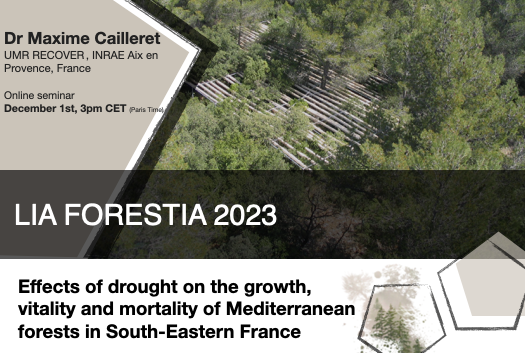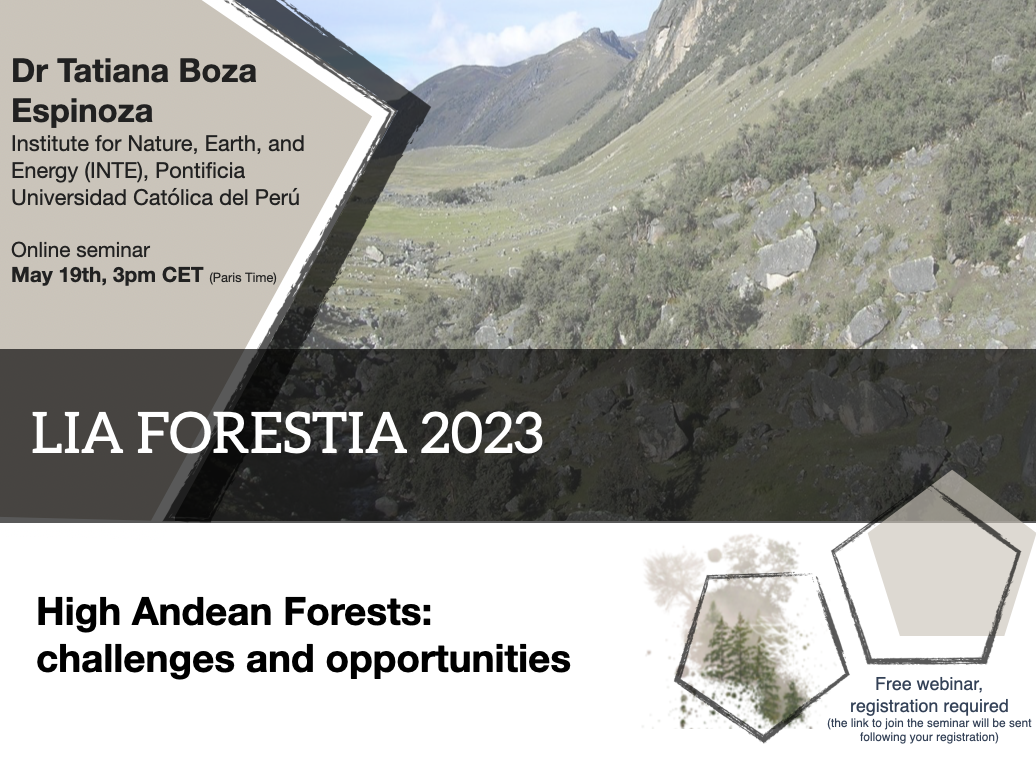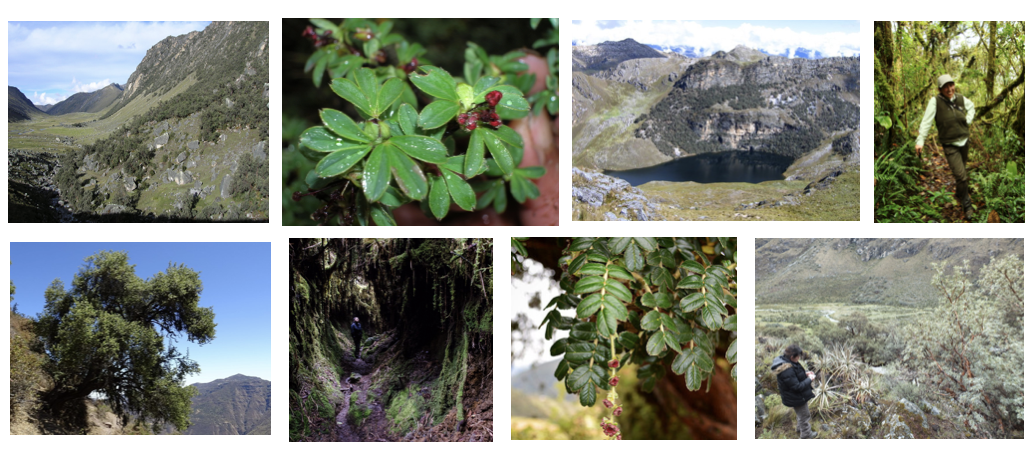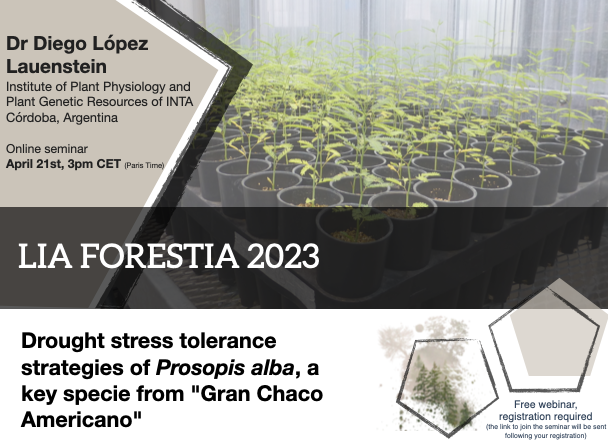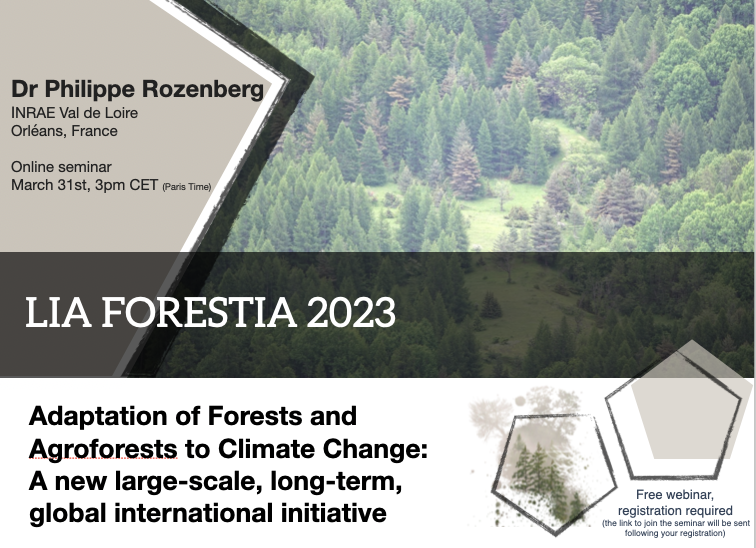LIA FORESTIA web seminars 2023
SEMINAR # 8
« Effects of drought on the growth, vitality and mortality of Mediterranean forests in South-Eastern France«
Dr. Maxime Cailleret
UMR RECOVER , INRAE Aix en Provence, France
December 1st, 3pm (CET/Paris time)
Abstract
Mediterranean forest ecosystems face increasingly long and frequent drought periods, which affect their functioning and the services they provide. However, our ability to predict their current and future response to drought is limited, which constrains the development of adaptive forest management strategies.
Based on observational data collected along environmental gradients, and on experimental data from a common garden and from a highly monitored site with rainfall manipulation, I will address these points focusing on mixed Pinus halepensis – Quercus ilex forests in South-Eastern France.
In this presentation, I will specifically detail (1) how drought impacts tree primary and secondary growth at both short- and long-terms; (2) how these changes in tree functioning and structure modify tree vitality and mortality risk; and (3) the environmental drivers that predispose this decline in tree vitality. To end on a more positive note, I will describe how forest management can modulate this increasing impact of drought on forest dynamics (e.g., by thinning, stand mixing, or replacement/enrichment by more drought-tolerant provenances or species).
Free registration below or following this link : LIA FORESTIA 2023 – seminar #8
Registration required to receive the link to join the seminar
MiDi is a interdisciplinary Research Thematic Network, focused on biodiversity and habitats and funded by the Centre-Val de Loire Region. The network aims to promote studies in multiple fields of BioGeoSciences and Human and Social Sciences in relation to global changes.
This conference is organised in partnership with Le Studium (Institute for Advanced Studies).
contact: rtrmidi@univ-tours.fr


